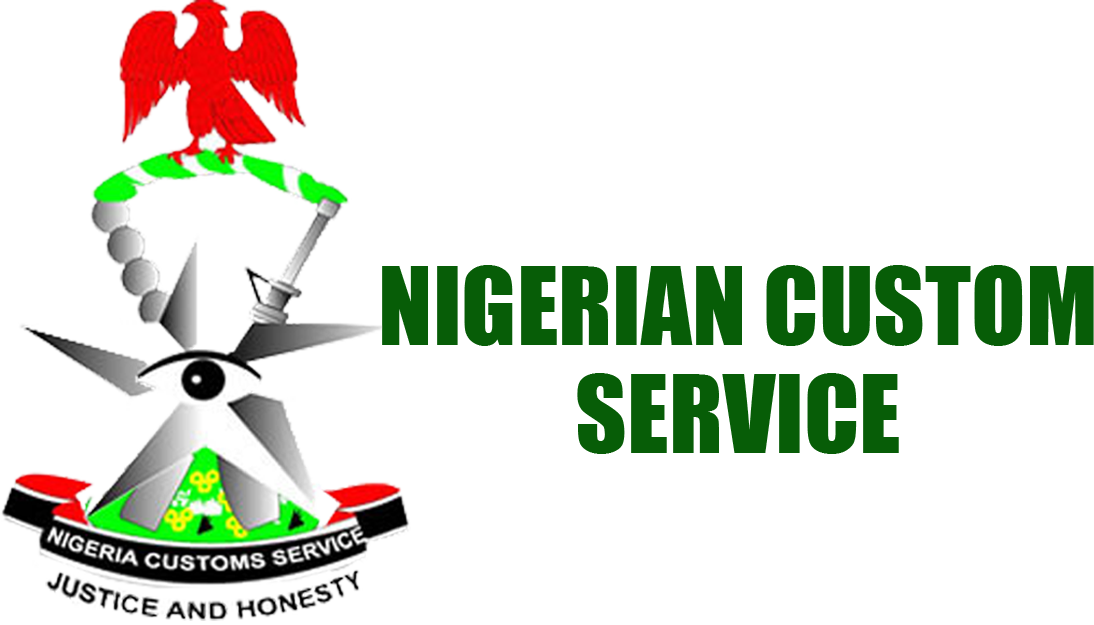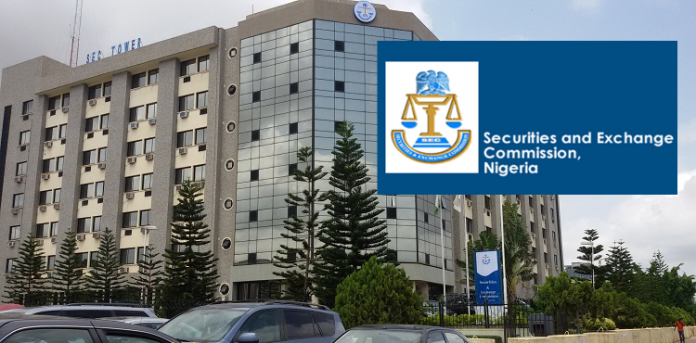… As Over 24.6 Million Nigerian Children Are Engaged In Child Labour – ILO
The International Labour Organisation(ILO), and the Federal Ministry of Labour and Employment have launched the National Child Labour Website and the Child Labour Reporting App to strengthen
The website was unveiled to draw awareness on child labour cases across the country and inspire the relevant authorities to take appropriate measures to curtail it.
The initiative was birthed under the National Steering Committee on the Elimination of Child Labour, NSCCL.
According to the Steering Committee, it is aimed at addressing Nigeria’s growing child labour practices, which is believed to be the highest in Africa.
The ILO ISN estimated that Nigeria has 24.6 million children between ages five to 17 actively involved in child labour practices.
The website unveiling which took place at the UN House in Abuja, coincided with the visit of the Director General of ILO, Mr Gilbert Houngbo to Nigeria.
Houngbo, explained that the initiative represents not just a technological advancement, but a firm commitment to transparency, accountability and collective action in eradicating child labor from our society.
According to him, Africa is burdened by child labour globally, with 92.2 million children in child labour on the continent, with many of them trapped in hazardous work.
He said: “Nigeria as the economic powerhouse of the West Africa region is at the center of this crisis as more than 39 percent of Nigerian children, approximately 24.6 million, are engaged in child labour, with an important proportion working under exploitative conditions in agriculture and mining, the two sector worldwide, where child labour is pervasive.”
He acknowledged steps being taken by Nigeria to address the challenge of child labour practices.
He said eliminating child labour requires actions from parents, teachers, religious leaders, business owners, community members.
“What we are doing today is a bold step, a step forward in launching this data platform to bridge the gap towards knowledge, knowledge sharing and referrals. The National Child Labour website and the reporting App that was, which was referred to few minutes ago, and I hope it will serve as a comprehensive hub for data collection and for knowledge sharing. labour interventions during the cooperation both the government and all partners are doing, including ILO itself. I do take note of the existence of a national referral mechanism for the elimination of child labour to guide and to aid the usage of this reporting app”.
During his visit, Houngbo met with Vice President Kashim Shettima, senior government officials, employer and worker representatives, and the United Nations Resident Coordinator in Nigeria. Discussions focused on employment creation, labour market reforms, and the importance of social dialogue in addressing challenges such as youth unemployment, informal work, and the impact of economic reforms on workers.
As part of his engagements, the Director-General participated in a conversation on the Global Coalition for Social Justice, attended the Nigeria Employers’ Consultative Association (NECA) National Labour Adjudication and Arbitration Forum, and launched a child labour reporting website and mobile app to strengthen efforts against child labour. He also took time to meet with the ILO Country Office team in Abuja.
The ILO remains steadfast in its support to Nigeria as we work together to create a fairer, more inclusive labour market that benefits all.
Houngbo, held key discussions with the Nigeria Labour Congress (NLC) and the International Trade Union Confederation (ITUC), where he emphasized the importance of collective bargaining, fair wages, and occupational safety and health.
He reaffirmed the ILO’s commitment to supporting workers’ rights and ensuring that labour policies promote inclusive economic growth and decent working conditions.
He also stressed the need for stronger social protection systems, investment in education and skills training, and policies that promote fair transitions in the digital and green economies.
He reiterated the ILO’s support for Nigeria in addressing decent work deficits and ensuring that economic growth benefits all, particularly women, youth, and vulnerable workers.
The Director-General also commended Nigeria’s leadership within the ILO Governing Body (2023–2024) and expressed appreciation for the country’s role in advancing key global labour priorities.
“During my visit to Nigeria, I was encouraged by the dedication and commitment of all stakeholders to address labour challenges and promote decent work. The ILO remains steadfast in its support to Nigeria as we work together to create a fairer, more inclusive labour market that benefits all,” said Houngbo.
Minister of Labour and Employment, Muhammad Maigari Dingyadi observed that over the years, Nigeria has made giant strides to address the challenge of child labour by the ratification of the ILO conventions 138 and 182 that are instrumental to the elimination of child labour.
The Minister, who was represented by the Minister of State, Rt. Hon. Nkeiruka Onyejeocha, also listed other actions taken by the government to include the development of the legal framework that addresses the issues of child labour, the National Policy and the National Action Plan on the elimination of child labour and other structures, such as the Steering Committees, at the National, State, and the Local Government levels, as well as the community monitoring committees on child labour.
He said: “Despite our progress however, millions of Nigerian children remain vulnerable to exploitation. This digital platform will serve as a centralized hub where cases of child labour can be reported instantly, enabling authorities and stakeholders to take immediate action.”




 3 hours ago
24
3 hours ago
24








 English (US) ·
English (US) ·